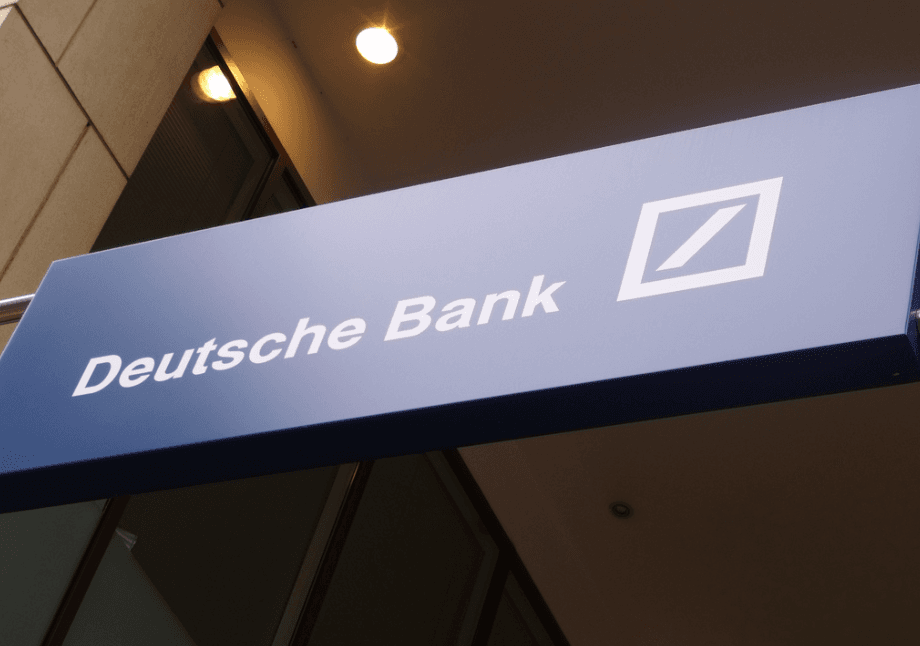Negotiations between Greece and its European Union paymasters will resume on Wednesday, after another day of negotiations tested the patience of Eurozone partners.
The European Union warned Greece that it had “no time to lose,” as both sides broke away from negotiations on Monday in what was the first Eurogroup meetings since February 20, when Eurozone finance ministers extended Greece’s bailout package to June.
“We only have four months,” said Dutch finance minister and Eurogroup president Jeroen Dijsselbloem. “Let’s get it done.”
Wednesday’s meetings will be held in Brussels rather than Athens, which had been customary for EU bailout talks so far. These “technical negotiations” will be held between financial experts from Greece and the troika of creditors – the European Commission, European Central Bank and International Monetary Fund – and will be “supported” by international teams situated in Athens.
The newly-elected Greek government insists it will not work with the troika of lenders that have funded its €240 billion bailout program. Greek finance minister Yanis Varoufakis declared the troika as “finished,” insisting that “the idea of troika visits … is a thing of the past.”
Varoufakis issued a warning on Sunday that Greece could opt for a referendum on government policy should the Eurozone reject Athens’ bailout reforms. The Greek finance minister has been heavily criticized for this fiery rhetoric over the past six weeks.
The failure to reach an agreement has frozen financial aid to Greece. The country’s next bailout tranche, valued at €7.2 billion, will be withheld this month. According to Dijsselbloem, some of the funds could be released should Greece implement some of the reforms agreed to last month.
Speculation about Greece’s place in the Eurozone resurfaced on Monday after a senior German official said the Hellenic Republic would be better off outside the currency union, suggesting that German finance minister Wolfgang Schaeuble agreed. Schaeuble has publicly stated that he would like for Greece to remain in the currency union, but has criticized Athens’ handling of the bailout negotiations.
Abandoning the euro for the drachma could help Greece boost its competitiveness in the international market, although this so-called “Grexit” scenario is far from the most plausible outcome. The strong majority of Greeks wish to remain part of the euro area, according to the latest opinion poll, suggesting that the Syriza party may have some flexibility to renege some of its campaign promises without facing a political backlash from voters.
Tradersdna is a leading digital and social media platform for traders and investors. Tradersdna offers premiere resources for trading and investing education, digital resources for personal finance, market analysis and free trading guides. More about TradersDNA Features: What Does It Take to Become an Aggressive Trader? | Everything You Need to Know About White Label Trading Software | Advantages of Automated Forex Trading




































